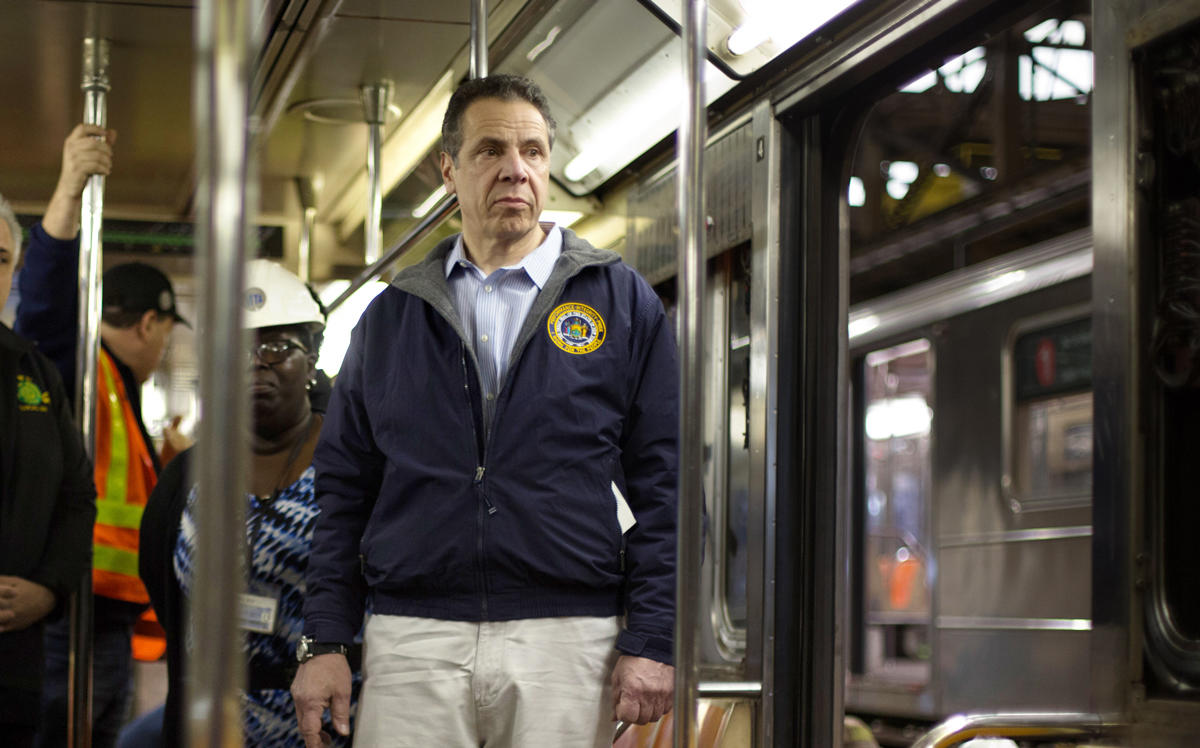With New York City’s public transit in utter shambles, the state might have found one more reason to consider a pied-à-terre tax.
Gov. Andrew Cuomo’s budget director, Robert Mujica, raised this possibility on Wednesday in a statement regarding revenue projections for the MTA, and what additional revenue sources would be needed to satisfy its capital budget of at least $40 billion. These include congestion pricing ($15 billion), an internet sales tax ($5 billion), and a cannabis tax ($2 billion).
“If we lose tax revenue generated by cannabis – then we will either need a 50/50 cash split between the City and State, or the pied-à-terre tax, which could raise as much as $9 billion,” Mujica concluded. “And we would still have a shortfall.”
The idea has now received support from the city as well. “We need to tax the wealthy more,” Mayor Bill de Blasio said before a press conference on Thursday. “Now if the governor is saying he thinks there’s a way to additionally get a pied-à-terre tax, I’m all ears.”
De Blasio has previously indicated a preference for a millionaires’ income tax instead, but that proposal has not received support in the legislature.
A pied-à-terre tax on on wealthy non-residents is hardly a new idea in New York. A 2014 proposal from the Fiscal Policy Institute, which envisioned a surcharge for absentee owners of apartments valued at $5 million and up, was roundly criticized by real estate insiders, including the Real Estate Board of New York. More than a decade ago, the Bloomberg administration had also considered funding the MTA with some kind of real estate tax.
But things may be different this time around, with Democrats regaining control of the state senate, and anti-real estate sentiment increasingly widespread among New York politicians.
Soon after Ken Griffin’s record-breaking penthouse buy at 220 Central Park South in January, City Council Speaker Corey Johnson took to social media to call for a pied-a-terre tax. Johnson is likely to for mayor in the 2021 election, and is refusing contributions from real estate developers. [Bloomberg] — Kevin Sun
